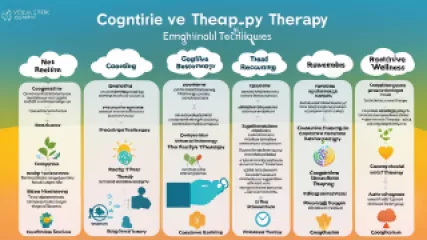10 Proven Strategies to Boost the Psychology of Persuasion
hace 1 año
Psicología de la Persuasión
Mastering Mood Management: A Step-by-Step Guide
hace 1 año
Comprender los Estados de Ánimo
My Journey to Understanding and Embracing My Moods
hace 1 año
Comprender los Estados de Ánimo
10 Best Cognitive Therapy Techniques for Emotional Wellness
hace 1 año
Terapia Cognitiva
My Journey to Overcoming Self-Sabotage
hace 1 año
Comprender la Auto-sabotaje
My Journey to Improving Emotional Intelligence
hace 1 año
Conceptos Básicos de Inteligencia Emocional
7 Common Self-Sabotage Triggers (And How to Overcome Them)
hace 1 año
Comprender la Auto-sabotaje
Unlocking the Secrets of Successful Psychology: A Research Summary
hace 1 año
Psicología del Éxito
Top 10 Mental Health Apps to Boost Your Well-Being
hace 1 año
Aplicaciones de Salud Mental
Unleashing Your Persuasive Power: Lessons from Influential Films
hace 1 año
Psicología de la Persuasión
Why We Self-Sabotage and How to Break the Cycle
hace 1 año
Comprender la Auto-sabotaje
Navigating Change: An Interview with a Mindfulness Expert
hace 1 año
Superar el Miedo al Cambio
The Ultimate Guide to Understanding Moods
hace 1 año
Comprender los Estados de Ánimo
The Ultimate Guide to Mental Health Apps
hace 1 año
Aplicaciones de Salud Mental
How I Conquered My Fear of Change: A Personal Journey
hace 1 año
Superar el Miedo al Cambio















